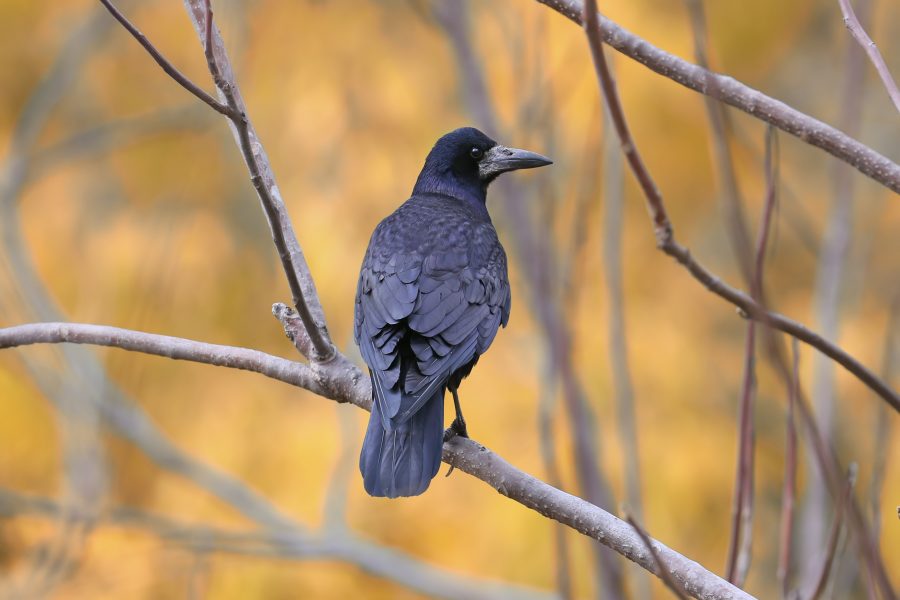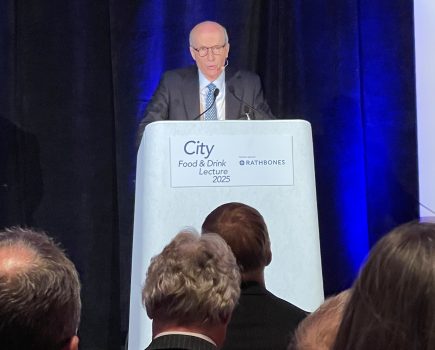Like many farmers we have long banked with NatWest, but the relationship is not as it was! Back at the start of the year we began getting letters concerning what they called their “NatWest Business Profile” which, they told clients, had to be completed by early March.
I ‘pushed back’ a little at the whole project, as we considered they already knew everything about our business, since we had been with them since 1968, but they persisted, so eventually I wrote to their CEO.
My very polite email was responded to within 24 hours by Allison Rose’s PA, smoothing the way to a speedy settlement. I did point out that if, as always until recently, we had a local bank manager we could have sat down across his desk and settled the matter in five minutes. And have a better ‘relationship’ with them.
A friend living locally who runs her own business had mentioned that she had had similar problems with the bank so asked for my help. I gave her the CEO’s email address and suggested she contact the ‘boss’. She then ‘went to town’ with them! She kept me in the picture with progress and, by late spring, contacted me to say she had settled it, although it seemed with more problems and, seemingly, even more frustration than I had experienced. But eventually with a good deal.
It was all so unnecessary; one just hopes NatWest learns a lesson in ‘customer relations’ or they could well lose a lot of longstanding and good customers. The only ‘downer’ for me was when my friend told me she had received £750, plus a year’s free bank charges, as well as a substantial payment to her accountants to cover her costs. We were offered, and accepted, £250, but my wife was sent a very nice bouquet of flowers.
The lower land continued as waterlogged as I have ever seen it well into early May, making planting of our later maize nearly impossible. I wouldn’t, however, like that to be construed as an attack on those bodies responsible for the ‘management’ of our inland waterways or sewage disposal, so it’s probably best I avoid the subject.
Suddenly the issue of electricity generation up in Scotland is taking off again. Some ten years ago we tried to generate interest in the idea of ‘planting’ solar photovoltaic (PV) panels along hidden and south facing parts of the land, only to be told there was no demand for those things so far north.
There were plenty of possible objections, too. Now we find that, with rapid advancement in PV technology and a general demand to make it work up there, it’s now becoming as well developed as it was down here in the south some dozen years ago.
The other option under discussion, wind turbines, simply threatened such heat from ‘nimbys’ and self-proclaimed experts at the time, back around 2012 to 2014, that I was advised it was a waste of time pursuing it.
Yet now both systems of electricity generation are becoming increasingly accepted up there, as demand for non-oil based power/heating is being pushed by governments in these islands, in Europe, and around the world.
On wildlife and the control of pest species, I take a quite different view from the ‘Chris Packhams’ of this world who spout their unchallenged opinions weekly through the increasingly woke BBC radio and television.
One wonders who these experts will be blaming when the English countryside is totally overrun, with vermin such as badgers, magpies, jays, crows and foxes all increasingly protected. When all the small bird species, tree and ground nesting, which brought so much pleasure to so many countryfolk like me have been lost?
Go through your book on British birds and list how many of those once common species you no longer see? So many ground nesters like the skylark and peewit; garden favourites like finches, particularly green, chaffinch and bullfinch, yellowhammers and linnets; thrushes, the larger mistle thrush.
Even rookeries have been wiped out by marauding herring gulls. Little grebe, too? I doubt if these self-promoting experts really accept, for example, that their ‘dear badgers’ have, almost alone, wiped out the hedgehog population of large areas of southern England.
I have heard, indeed seen, a hedgehog being killed by a badger in my garden one night. By torchlight I saw it turned on its back, opened up and torn apart by a badger’s claws. Foxes could never do that to a ‘curled up’ hedgehog.
The result next morning was pathetic; just the little creature’s skin and needles remained. Both fox and badger alike need a culling programme, simply to control numbers. There were always hedgehogs around the farms and gardens, now one hardly ever sees the creatures. The countryman’s responsible use of shotguns kept all these pests well in hand, just by controlling such pests in their own localities. Just leave nature to those who live closest to it.







